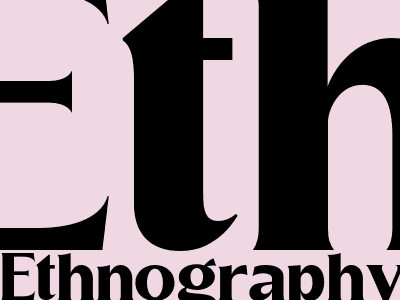
Ethnography, Dictation: A new way to understand the world
Embracing Ethnographic Dictation for Richer, More Nuanced Research
When delving into a qualitative research project, researchers often employ various methods to capture the perspectives and lived experiences of their participants. Among these methods, ethnography and dictation stand out as two powerful tools that, when combined, can unlock a deeper, more comprehensive understanding.Ethnography, with its focus on immersive observation and detailed documentation, provides a rich tapestry of data. Dictation, on the other hand, allows researchers to capture the unfiltered voices and perspectives of their participants. By combining these approaches, researchers can gain a more holistic and nuanced understanding of the social and cultural phenomena they are studying.
The strength of ethnographic dictation lies in its ability to capture the richness and complexity of human experiences. By listening attentively to the narratives of their participants and carefully documenting their observations, researchers can gain insights into the motivations, beliefs, and values that shape human behavior.
Key Advantages
* **Unveiling Latent Meanings:** Dictation allows researchers to access the unspoken thoughts and feelings of their participants, revealing insights that may not be apparent through observation alone.* **Enhancing Contextual Understanding:** By capturing the participants' own words, dictation provides a deeper understanding of the context and meaning of their actions and interactions.
* **Preserving Authenticity:** Dictation ensures the preservation of the participants' voices, safeguarding the authenticity and integrity of the research data.
To effectively conduct ethnographic dictation, researchers should adhere to certain guidelines:
- Establishing Rapport: Building trust and rapport with the participants is crucial for obtaining rich and meaningful data.
- Active Listening: Researchers must listen attentively to the participants' narratives, asking clarifying questions when necessary.
- Accurate Transcription: The dictation process should be meticulously transcribed, ensuring the faithful representation of the participants' words.
Another study employed ethnographic dictation to explore the cultural beliefs and practices surrounding mental illness in a rural community, providing valuable insights into the stigma and challenges faced by those affected.
As an emerging methodology, ethnographic dictation holds immense promise for qualitative research. By embracing this approach, researchers can access a wealth of rich and nuanced data, leading to a more comprehensive and insightful understanding of the human experience.